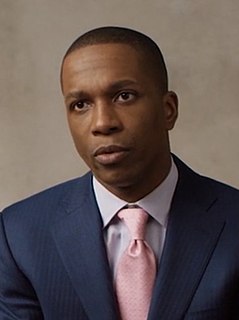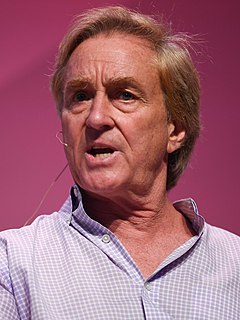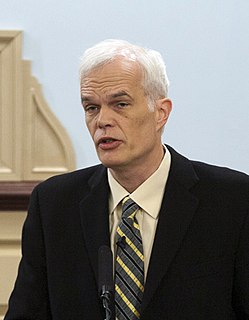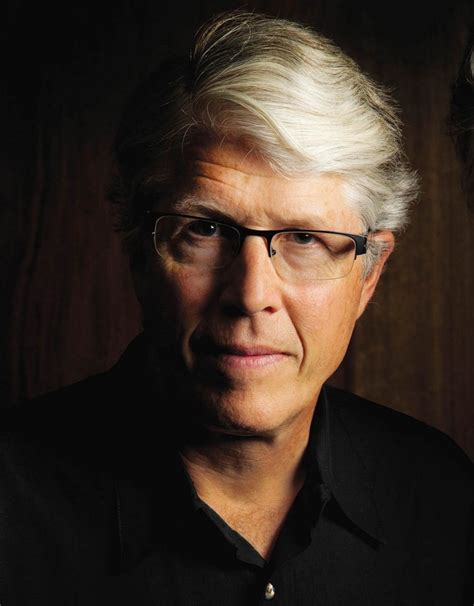A Quote by Leslie Odom, Jr.
There are certainly people who have committed horrific, evil acts in the history of humanity. I don't think Aaron Burr's one of them.
Related Quotes
I have made a career out of arguing that we shouldn't be criminalizing political differences. I've made a career out of arguing that the grand jury is an abusive institution. I have made a career out of arguing that we shouldn't stretch and expand the criminal law. I'm not going to change it because you think these are abnormal times. When Thomas Jefferson told the Justice Department that they had to prosecute Aaron Burr, and that he was going to have the chief justice impeached unless he found Aaron Burr guilty, those were special times too.
The people who did this act on America, and who may be planning further acts, are evil people. They don't represent an ideology, they don't represent a legitimate political group of people. They're flat evil. That's all they can think about, is evil. And as a nation of good folks, we're going to hunt them down, and we're going to find them, and we will bring them to justice.
I didn't mean to spend my life writing American history, which should have been taught in the schools, but I saw no alternative but to taking it on myself. I could think of a lot of cheerier things I'd rather be doing than analyzing George Washington and Aaron Burr. But it came to pass, that was my job, so I did it.
... In contrast to the "banality of evil," which posits that ordinary people can be responsible for the most despicable acts of cruelty and degradation of their fellows, I posit the "banality of heroism," which unfurls the banner of the heroic Everyman and Everywoman who heed the call to service to humanity when their time comes to act. When that bell rings, they will know that it rings for them. It sounds a call to uphold what is best in human nature that rises above the powerful pressures of Situation and System as the profound assertion of human dignity opposing evil.
Hannah Arendt in her study of totalitarianism borrowed from Immanuel Kant the concept of radical evil, of evil that's so evil that in the end it destroys itself, it's so committed to evil and it's so committed to hatred and cruelty that it becomes suicidal. My definition of it is the surplus value that's generated by totalitarianism. It means you do more violence, more cruelty than you absolutely have to to stay in power.
We lie to ourselves and try to escape that bitter reality by saying that the world is divided into good guys and bad guys, and that we're the good guys. We condemn people as evil to reassure us that we're not like them. If there's to be any hope of preventing these things from happening again, we have to look at the reality. That any act of evil in our history was committed by human beings like us. That, very often, we're all implicated in it.



































